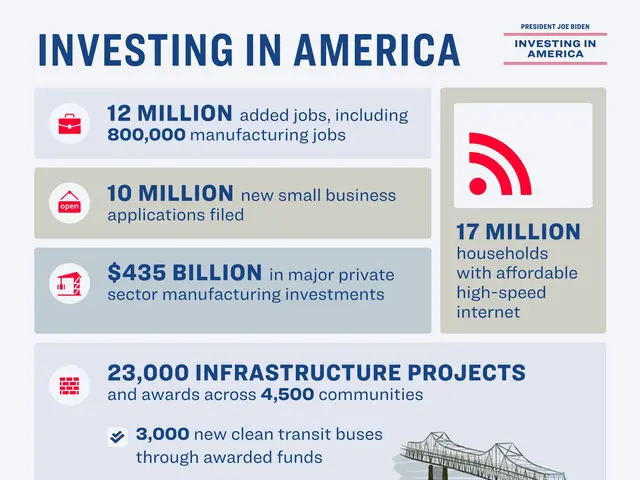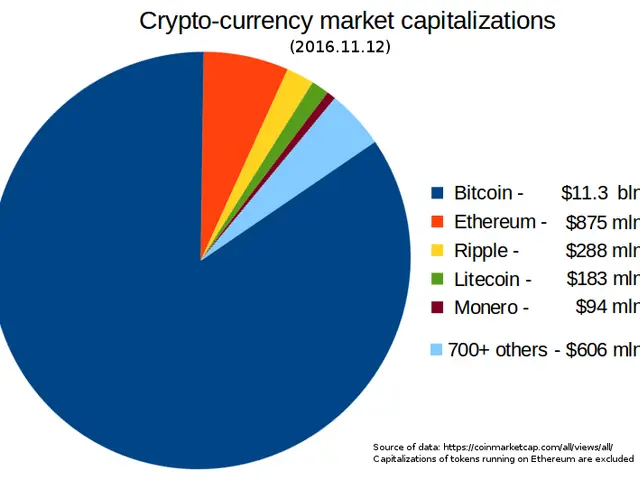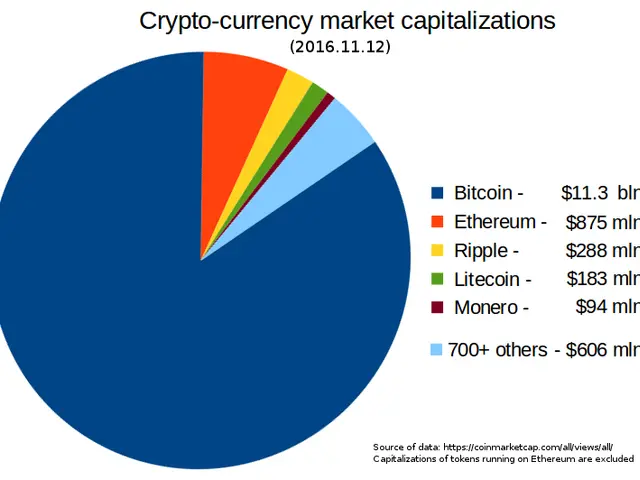Grandma's Heartache: "Ditching the crib for care costs? That's a raw deal!"
Forcing the Sale of an Apartment to Cover Care Expenses: Unjust Treatment! - Paying for elder care through the sale of an apartment
Ranted by Dan HDuration: ~3 minsAging & Finances*Real EstateHomeownershipPension & Insurances*Economy*
The fucking real estate game is a bitch when it comes to senior citizens hocking their apartments to pay for retirement care. Let's break it down:
financial slap in the old face
- Your abode as your piggy bank: For many grannies, their home is a significant piggy bank. Selling it can help you cover care expenses, but it also means bye-bye to an inheritance for the kiddos[4].
- Pension packages & safety nets: The cash from selling your house can shore up your pension income or help cover costs not covered by insurance. But relying on selling your house for care ain't all sunshine. It can cause anxiety and reduce financial security, especially if the sale doesn't go as planned[5].
- Pension schemes & pensionless regions: Regions with weak pension systems might see grannies leaning harder on real estate as a safety net. This can be a bitch, especially if the real estate market is shit or if there's a housing market crash[4].
real estate rollercoaster
- Senior homes shortage: The jacked-up cost of senior care homes can push elderlies to sell their houses, exacerbating the fucking shortage of senior abodes and making things even tougher for downsizing[1].
- Market flucs: Swings in the real estate market can affect the selling price of apartments, impacting how much an elder can raise to cover care costs. A hot market can net more funds, but a cold market may mean fewer options[5].
- inheritance & family harmony: The decision to sell a home to cover care costs can mess with inheritance plans. Families may need to readjust expectations gimme a break[4].
policy & econ factors
- affordability & accessibility: Laws aimed at making housing affordable and accessible for the elderly can help provide better options for downsizing or selling a house without financial pain[4].
- economic whirlpools: Economic elements like interest rates, housing market conditions, and economic downturns can impact the real estate market and ultimately, the financial planning of senior citizens[5].
In a nutshell, the real estate market's a motherfucker when it comes to senior citizens managing their financial resources, including inheritance, pension, and insurance. But market volatility and senior homes shortages can create obstacles making it more of a pain to cover care costs effectively.
- The community policy should focus on making housing affordable and accessible for senior citizens, as economic elements like interest rates and housing market conditions can significantly impact their financial planning.
- Vocational training programs could be beneficial in teaching senior citizens various financial planning strategies, such as managing pension packages, pension schemes, and investing in real-estate, to secure their financial future and ease the costs of care.
- Despite selling their estates to cover care costs, many senior citizens may still face financial instability due to the costs associated with vocational training or financial management services, which could lead to further economic hardship.
- Families often find themselves in a difficult position when a senior decides to sell their estate to pay for care costs, as it may affect inheritance plans and potentially lead to family discord, emphasizing the need for open communication and early financial planning.





